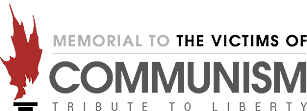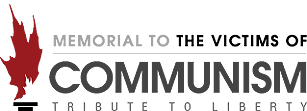A Century of Violence in Soviet Russia
The main architect of the concept of perestroika under Gorbachev, Alexander N. Yakovlev played a unique role in the transformation of the Soviet Union. Drawing on his own experiences and on his privileged access to state and Party archives, he reflects on the evils of the system that shaped the country he loves. (From description on publisher’s web site.)

